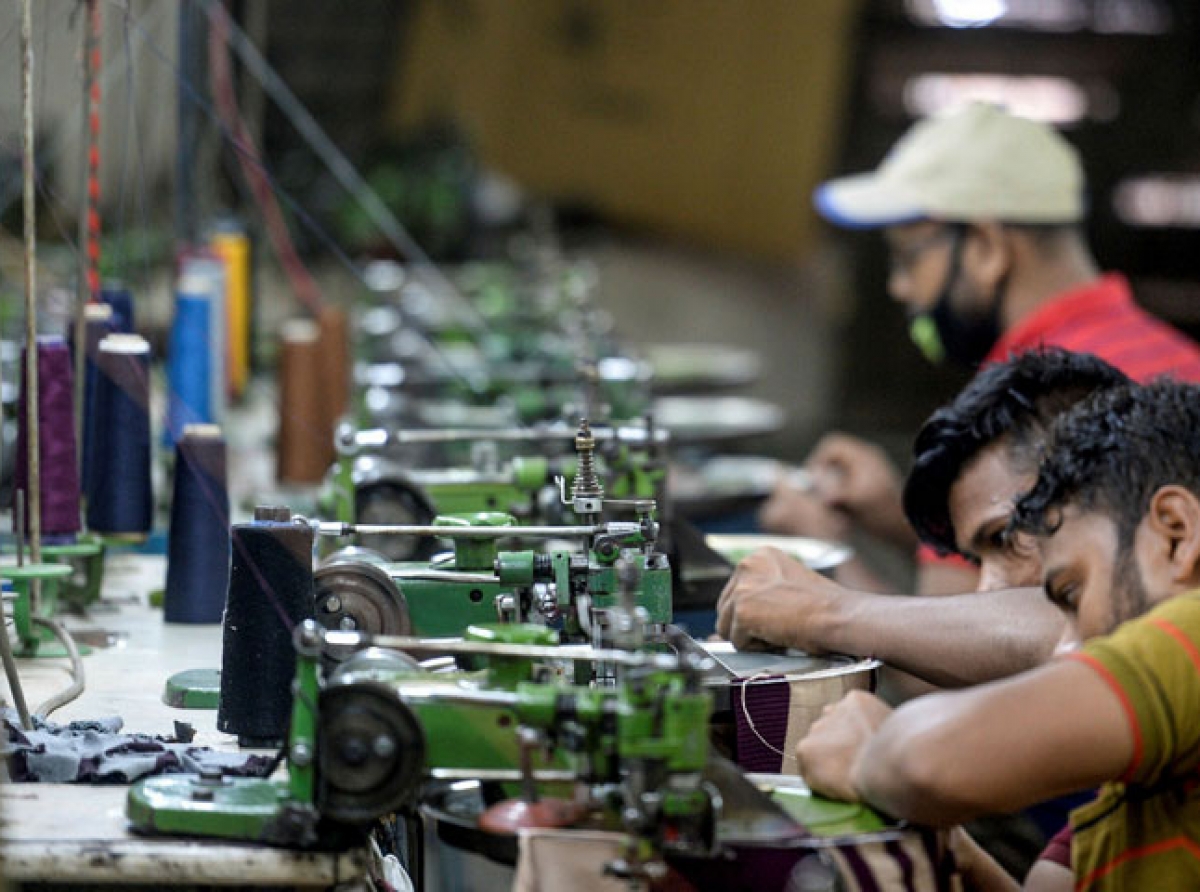Asian garment factories in crisis as brands resort to wage theft to cut costs

The pandemic pushed garment workers in six Asian countries including India below the international poverty lines as they lost significant amount of wages owing to factory shutdowns. A recent report by the Asia Floor Wage Alliance (AFWA) reveals, workers employed in 189 factories in Sri Lanka, India, Pakistan, Cambodia and Bangladesh are experiencing wage theft during the pandemic.
Titled ‘Money Heist: COVID-19 Wage Theft in Garment Global Supply Chains’, the AFWA report studies the impact of COVID-19 induced recession on around 2,185 garment workers. It views wage theft as an inherent flaw in the global garment supply chain that allows brands to steal workers’ wages while transferring the manufacturing costs and risks to suppliers.
Condemning workers’ suppression by global brands
The report condemns global fashion brands for suppressing workers’ efforts to form trade unions or join existing ones. Ratna Satpari, Assistant Professor, Leiden University-Netherlands says, the report captures the three main contributors to worker exploitation in the industry: the corporate world, state government and power regimes. Satpari says, the report also highlights the different backgrounds that these workers come from. Around 63 per cent workers in India are migrants while Pakistan has 73 per cent resident workers. This affects their inclusion or exclusion from union groups, enabling the management to exploit isolated workers.
Around 89 per cent of workers were either laid off or terminated during 2020. Twenty-three per cent reported 73 per cent decline in wages during the period while debts increased from $152 during the pre-pandemic period to $360 by December 2020. This pushed almost 93 per cent below international poverty line of the World Bank in April and May 2020.
Lockdowns trigger huge wage thefts
On average, workers lost $29.67 million wages worth. Of this, $5.3 million was lost in the form of festive bonuses. One key driver of this loss was the arbitrary lockdown imposed by the Indian government in March 2020 that completely halted production activities across the country. The lockdown led to large-scale cancellations and retroactive price reductions by brands for completed orders.
Rukmini, President, Garment Labor Union states, India’s lockdown also led to a violation of the Maternity Benefits Act of India with garment factories refusing to reopen creches in factories or help women workers find alternative child care options. Many factories in Tamil Nadu also refused to pay wages for the lockdown period and passed on the losses onto workers by engaging in widespread layoffs and terminations, she adds.
While some suppliers in Bengaluru have agreed to pay partial wages to garment workers for the lockdown period, others have refused. Their adamancy is likely to push workers deeper into a poverty while also impacting their future generations
























